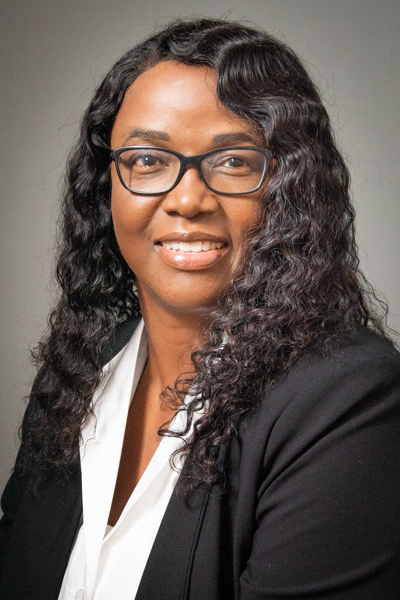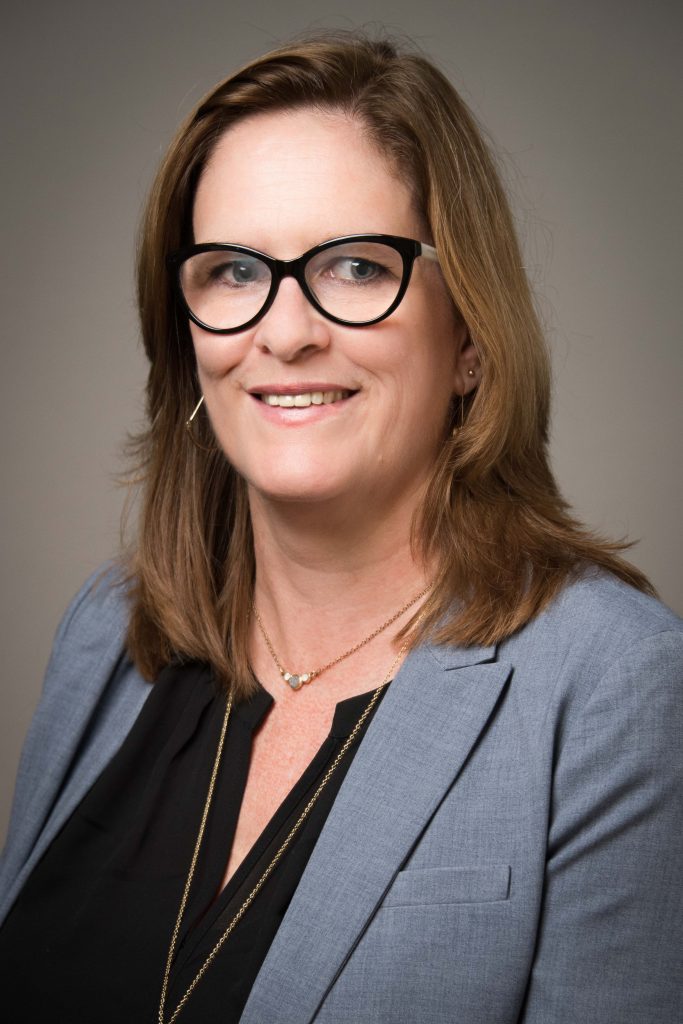The University of Tennessee Health Science Center’s College of Medicine has established a Committee to Advance Women to address equity in the workplace.
The committee is being led by Terri Finkel, MD, PhD, professor and associate chair in the Department of Pediatrics; Rebecca Krukowski, PhD, associate professor in the Department of Preventive Medicine; Claudette Jones Shephard, MD, associate dean for Diversity and Inclusion for the College of Medicine; and Teresa Hartnett, EdD, associate dean of Finance and Administration for the College of Medicine.

Drs. Finkel and Krukowski submitted reports about the topic to Scott Strome, MD, executive dean of the College of Medicine and vice chancellor for Clinical Affairs. Their research inspired Dean Strome to form the committee. Given that 48% of United States medical school graduates and 41% of the College of Medicine faculty identify as female, the endeavor is timely and important.
According to Drs. Shephard and Hartnett, the goals of this committee are focused on opportunities for direct action in the short-term, while gathering metrics about their constituents that can be used in long-term plans.
“This has been more focused on the academic journey of the faculty—pay equity, recruitment, all of those things,” said Dr. Shephard, who has been with UTHSC for 30 years and serves as the first associate dean for Diversity and Inclusion in the college, as well as the only pediatric and adolescent gynecologist in the region. “Having a sense of where they’ve been will probably add to what we can address as a committee.”

Dr. Hartnett explained that the committee’s goals are structured by three tasks. First, the composition of and recruitment for search committees, of which UTHSC’s last six had an average of 36% women, must be analyzed and educational efforts concerning committee members’ implicit biases must be robust. Second, they plan to study how the college acknowledges female expertise in the workplace to identify who celebrates what aspects of women and how. Third, is the plan to begin collecting essential metrics to guide and expand the committee’s goals.
Dr. Hartnett emphasized that it is essential to track metrics—of faculty, students, and external involvement—that can guide committee goals and show their progress over time. “I know we can make some change, and it’s hard, but there are a lot of good people here who want to do the right thing.”
Currently, the College of Medicine is nearly in line with national averages of females as assistant professors, associate professors, and professors, but has work to do to bring the numbers closer together. In regard to department chairs, the college has more work to do, as the national average of females as department chairs is 18% versus the current 10% in the college. The College of Medicine’s executive committee is already composed of 50% women, and it is working to increase the numbers of women leaders for practice plan boards (18%), the Board of Visitors (20%), and the council (22%).
The committee welcomes suggestions, feedback, and ideas from inside and outside the College of Medicine. It has received substantial interest already, and committee members expect it to continue, as well as to yield significantly effective results.
